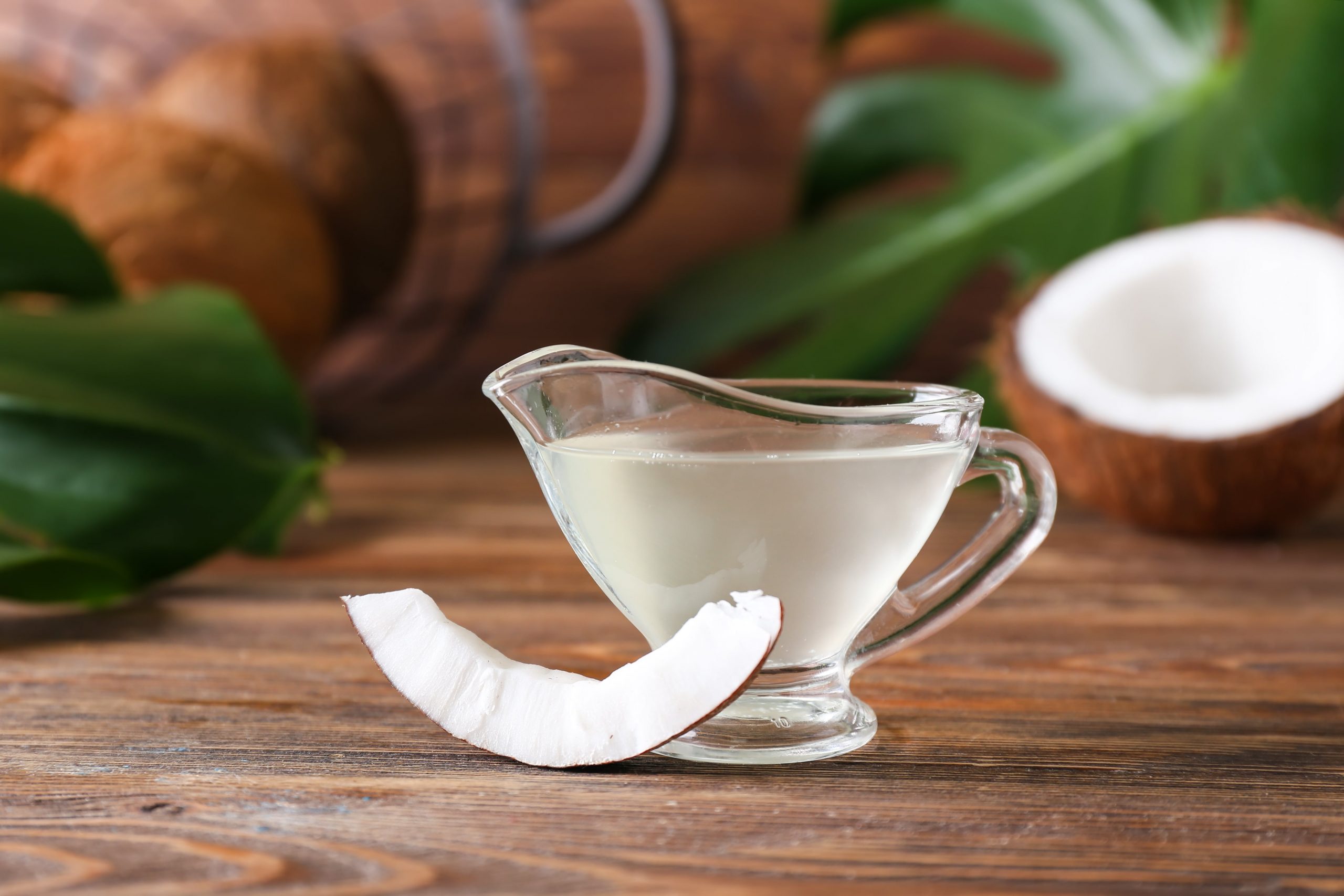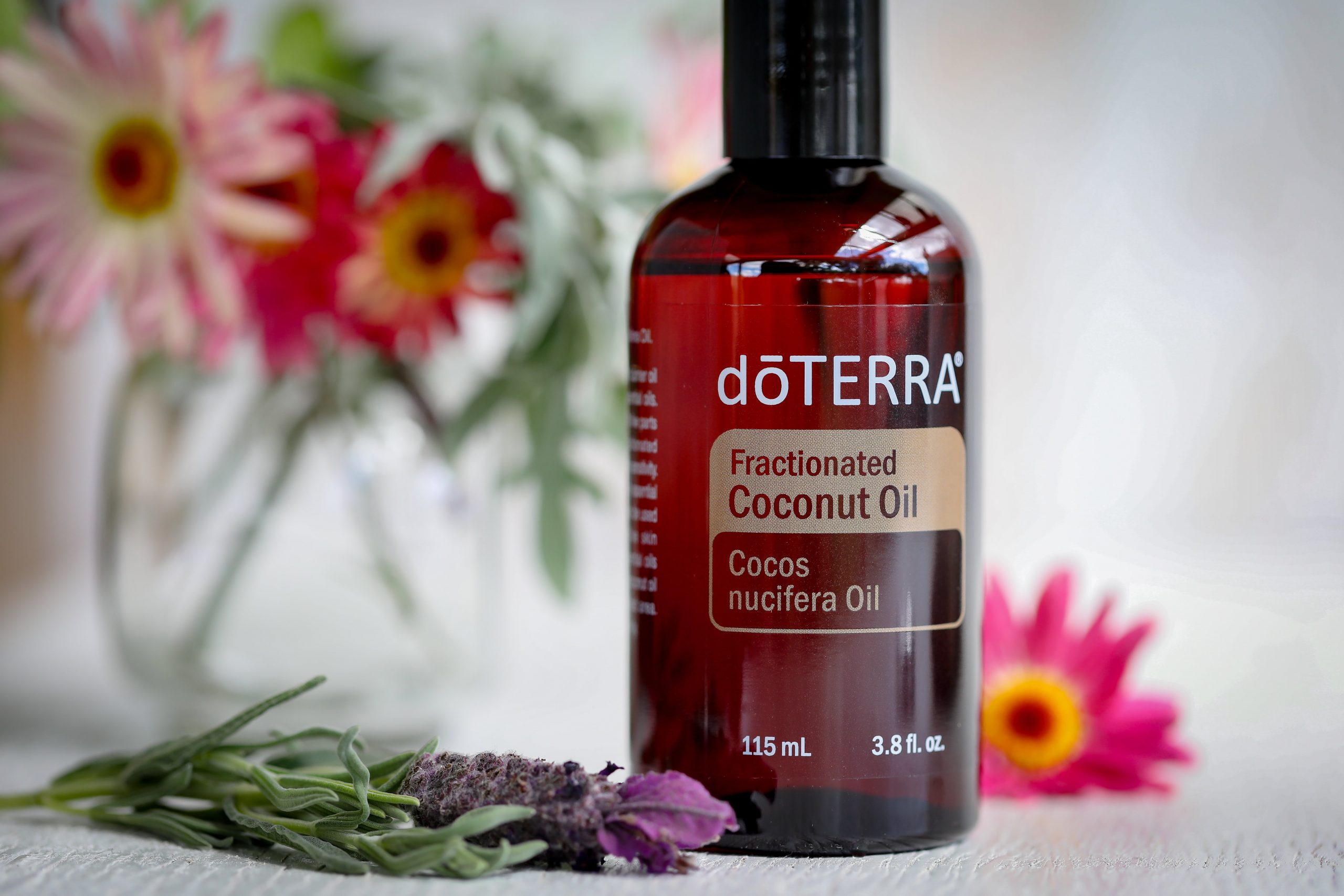Refined coconut oil has gone through machine processing, removing gum, soap, fatty acids, and impurities, while unrefined coconut oil contains all the ingredients of the pressed oil. Learn the difference between the two here.
Most people use coconut oil for cooking, especially in Asian and Pacific countries. It is rich in saturated fat, which keeps it solid at room temperature compared to other plant-based fats. Coconut oil promotes good brain health and function and aid in weight loss and heart health due to its fatty acids. Specific circumstances can determine which coconut oil would be best for your needs. This article will help contrast refined and unrefined coconut oil and how to choose the most suitable.
Production
Both refined and unrefined coconut oil is drawn out of coconut flesh and has similar nutrient content.The two oils are contrasted mainly by their production process, which also determines their physical appearances.
Unrefined Coconut Oil
It is also referred to as pure or virgin oil. Unrefined Coconut oil is known to have a very strong scent and flavor, with a smoke point of 177◦C. Once it is extracted from the coconut flesh, no additional processing is required. In extracting unrefined coconut oil, two different approaches can be used, the dry and wet approaches. The dry approach is where a machine is used to press out coconut oil from coconut flesh that is already dry.
On the other hand, Wet approach involves pressing the coconut flesh to extract coconut milk and oil. Without using heat, the milk and the oil are then separated using a specialized procedure. The most commonly available unrefined coconut oil is made using the wet process.
Refined Coconut Oil
Refined coconut oil goes through several processing procedures before it is ideal for cooking. Oil extraction is achieved byfirst drying up coconut flesh. It then undergoes additional manufacturing processes, including:
Degumming-
where the extracted refined coconut oil is mixed with agents to remove gums, and later, the oil is based through the water to separate gums from oil.
Neutralizing –
where sodium hydroxide is added to the oil, forming a soap-free of fatty acids and then washing the oil to remove soap and fatty acids.
Bleaching-
where the oil passes through a clay filter to remove any residual impurities.
Deodorizing-
where the oil is heated to remove any coconut taste or scent that could make users uncomfortable. The end product of the refined coconut oil is highly processed with a smoke point of 204-232◦C and has no flavor, not scent.
The difference in use
Though a person’s choice of unrefined and refined coconut oil may be based on their preferences; however, the differences between these two oils can be established in their suitable uses. Consider these examples.
Baking
Most people prefer refined coconut in baking since it has less scent and taste than unrefined coconut oil. Refined coconut oil will result in baked goods free of a coconut taste, thus maintain the product’s original taste.Nevertheless, those who do not mind the taste of unrefined coconut oil can still use it for baking because its low smoke levels will not affect the end product. This is because unrefined coconut oil requires temperatures above the ovens to change form. Moreover, both coconut oils can be used by vegans as an alternative to butter when baking since, at room temperature, they are solid. Therefore, coconut oil is a perfect ingredient when baking vegan pie crusts and biscuits for flaky and light products.
Cooking
Refined coconut oil is known for its high smoking points, meaning it only changes its forms at extreme temperatures. It is best for heat cooking whensauteing frying and usually gives a crispy or crunchy feel to the food. However, you may be forced to cook for a long when using unrefined coconut oil. On the other hand, for better high heat cooking, avocado oil, which is known to change form at 253-271◦C, is ideal for deep-frying. With a nutty, mild aroma, avocado oil proves to be a perfect replacement for coconut oil as it compliments sautéed or fried foods. Additionally, extra virgin oil is perfect for salad dressings because it remains liquid at room temperature and has a mild taste. Olive oil is good for cooking due to its changing smoking pointy between 175-20◦C.
Skin and Hair Care
When it comes to beauty, many people struggle with skin allergies and hair thinning, and breakages. Coconut oil contains vitamin E and K that can improve physical appearance because it acts as a natural and mild moisturizer that helps soothe infected skin and damaged hair. People who are affected by smell can use refined coconut oil, which is mostly scent-free. Nevertheless, unrefined coconut oil best suits delicate skin and hair due to its nutrients that feed the hair and skin.
Dietary Needs
Coconut oil is very nutritious and can promote your health. Most people use coconut oil because it helps satisfy their dietary requirements. For example, people trying to maintain and lose weight prefer coconut oil due to its fat-burning MCT oil presence. It has been shown that since both refined and unrefined coconut oils have the same nutrient description, people on the keto diet can use either type. Nevertheless, others are more concerned with quality than nutrient profile. Unrefined coconut oil has been the preferred choice for clean eating and paleo diet because it’s minimally processed.
Bottom Line
Whether refined or unrefined, coconut oil contains the same nutrient description. However, these types of coconut oil differ in some ways. Refined coconut oil is produced at higher temperatures and has a gentle flavor and scent. On the other hand, unrefined coconut oil has a lower smoking point, a powerful coconut flavor, and is less processed. Both refined and unrefined coconut oil contains healthy fatty acids essential for improving skin health, hair, and metabolism. The choice of either coconut oil is dependent on individual dietary requirements. Unrefined coconut oil has been the best choice for people on a ketogenic diet because it is minimally processing and has higher amounts of vitamin E content than refined coconut oil.
- WHY CAN DRINKING ALCOHOL TRIGGER ANXIETY? - January 7, 2023
- WHAT IS ORGASMIC MEDITATION? BENEFITS + HOW TO - January 7, 2023
- THE BEST WAYS TO PREVENT WEIGHT GAIN THIS WINTER - January 6, 2023









